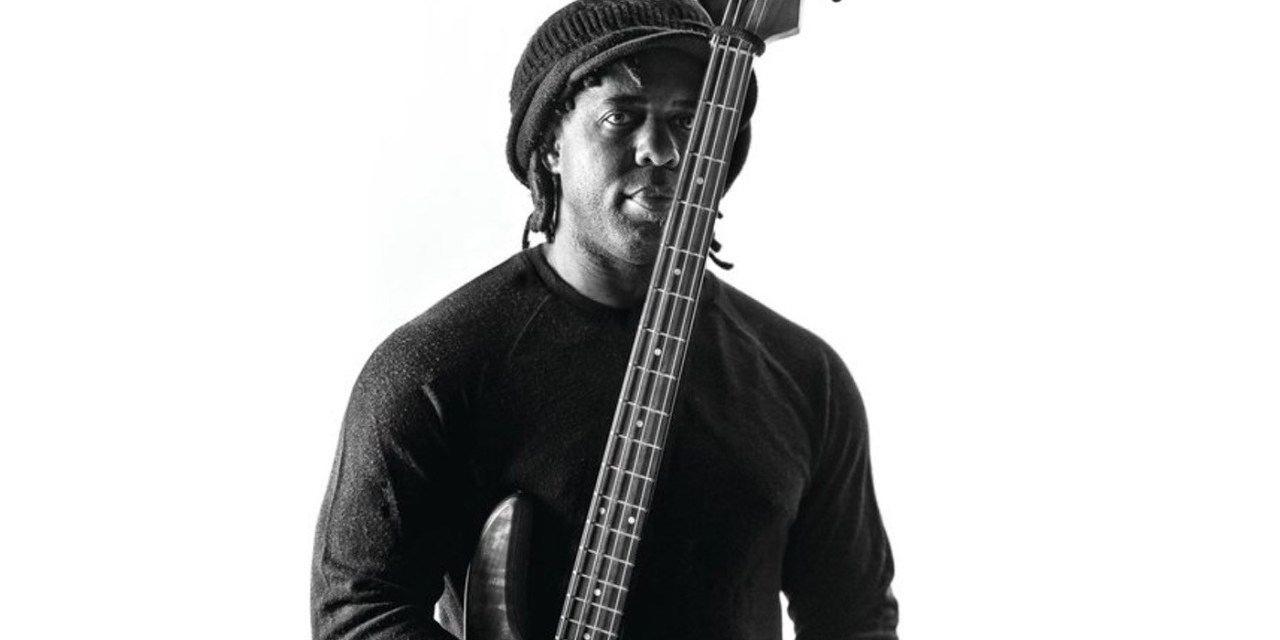If you’re reading this then you’re probably not a fan of those Steve Vai type practice routines where you spend 6 minutes warming up, 10 minutes playing arpeggios then 4 minutes doing sweep-picking… If like me you started making coffee at about minute 9 then I might have a few alternative practice ideas that are a long way from the military style drills of Vai et al.
If it feels like Work… Stop!
Even Vai himself says this but it’s a relative concept; his famous 30-hour practice routine didn’t feel like work to him, whereas to me and many others it would be some kind of self-inflicted punishment. I love the guitar but as soon as it feels like work, I stop enjoying it, and if I’m not enjoying it then I’m not learning.
Do the Fun Stuff First
Almost every single practice routine suggests that you should leave the fun stuff until last as some kind of reward for playing umpteen scale and arpeggio patterns, but I like to do it first and call it the warm-up. When you pick up the guitar, especially in the morning, your fingers are inevitably stiff and what better way to loosen them up than by playing through all the cool stuff you already know? You want to do this until you reach the point where it’s flowing nicely, the added bonus being that you’ve already had ‘fun’, got it out of your system, and now have slightly more motivation (or fewer distractions) to learn something new.
What is Practicing Guitar?
When most people think of practicing the guitar in the traditional sense, they think of exercises involving scales, arpeggios, chords and whatnot. The reason you practice guitar is to get better, right? And you get better by tackling stuff you don’t know how to play, or don’t understand if it’s theory. So if you’re not mindlessly playing through things you already know, you must be learning something new, ergo practicing.
The Law of Inertia
If you’ve ever felt bad for not practicing then you shouldn’t because physics has your ass covered; due to the sheer amount of time you spend playing the guitar, even if it’s mindless noodling, the law of inertia means that you will eventually get better. In fact, if you do any activity for an extended period of time, you will become good at it at some point, as we saw in this article. Obviously some kind of drill-style practice routine will speed this up no end but as long as you’ve got the guitar in your hands and are doing something constructive with it, you are advancing.
The Distractor Factor
It’s not a good idea, for me at least, to practice guitar in front of a PC or any device that has an internet connection. The options for distraction and procrastination are endless, plus it’s very hard to concentrate on one thing as you end up flicking between pdfs, lesson sites, YouTube, and the endless checking of social media accounts. If you can print out your material and work from it, you’ll immediately cut out all the above distractions. Before the internet became the mecca of guitar resources you had to go buy a magazine or a book from a music store or sit down and work something out by ear, which can still be replicated today.
Work On One Thing
I imagine you have a ton of guitar books and magazines lying around at home but the trick here is to work from just one while applying a little Maria Montessori thinking, that is, choose what you want to work on, or grab the material you feel like working with on that particular day. As our only criterion for practicing is to work on something new, you don’t have to worry that you haven’t played your add9 arpeggios in all twelve keys. Again, I recommend having a hard copy of your practice material, whether it’s a print-out or a guitar book, and if you need some inspiration there are plenty on Amazon.
If you’ve ever watched kids in a Montessori setting, once they’ve chosen the material they want to work with, they’ll inevitably become absorbed in it simply because a) they chose it themselves, b) they can devote their undivided attention to it, and c) it doesn’t feel like work. You should find yourself entering that kind of timeless state where you’re fully engaged in what you’re doing, and even forget to eat; this is also the optimum state for learning.
What about Theory?
If you’re feeling a little guilty about not practicing theory then I would suggest practicing it away from the guitar by reading about it while commuting or traveling. Just make sure you’re reading about music theory; that is, theory that is applicable to any musical instrument as oppose to something like CAGED theory which is guitar-specific. At some point you’ll need to communicate your ideas with other musicians who won’t care for the CAGED system, which is why we came up with Hacking the CAGED System.
What about Ear Training?
This is another universal concept that is probably best practiced away from the guitar, and thanks to modern technology, can be accomplished with your favorite phone app. I really like the one we featured in this article.



